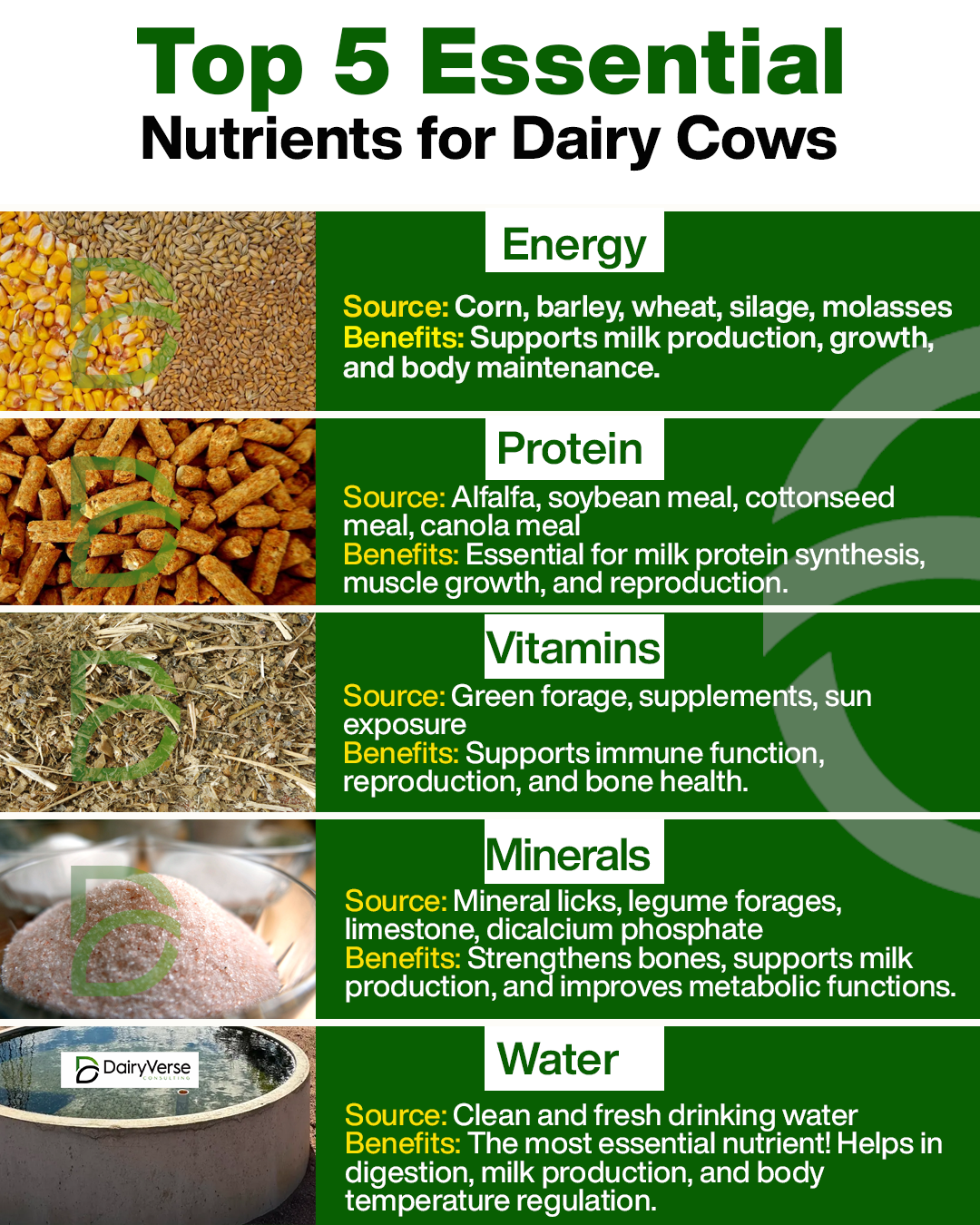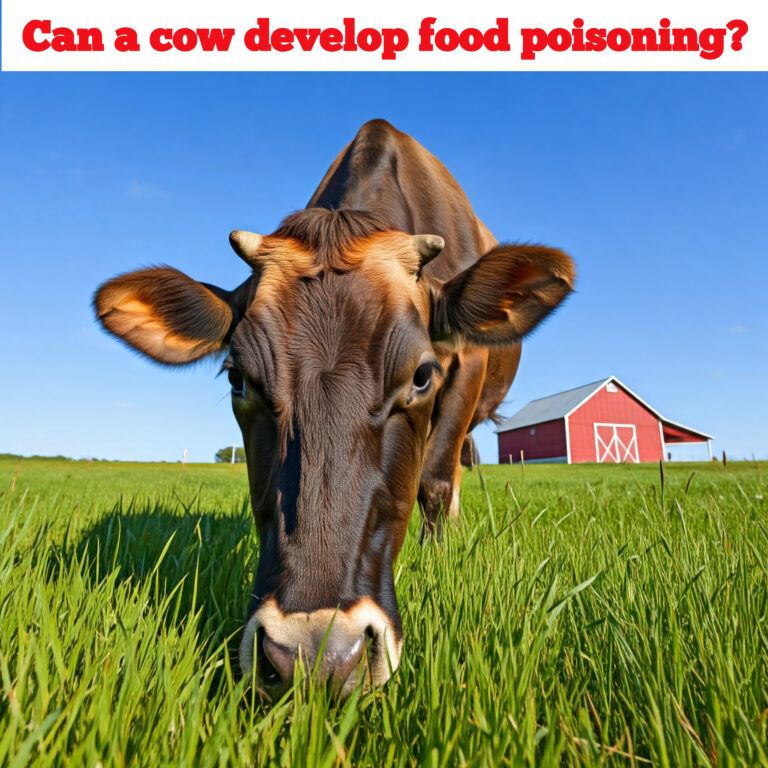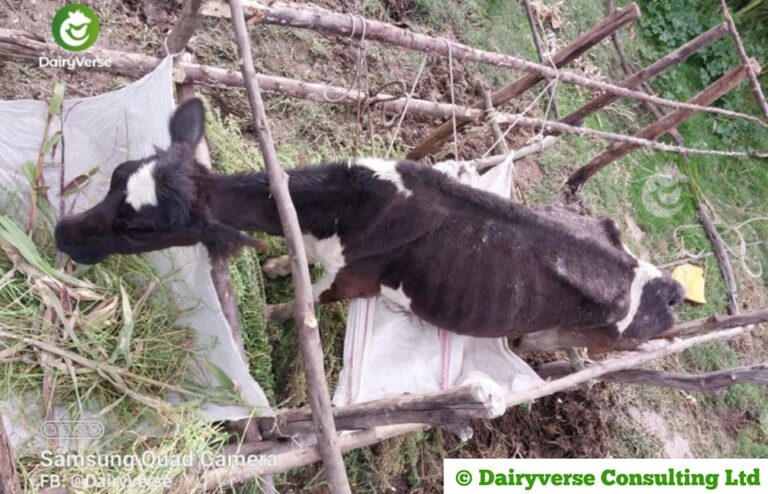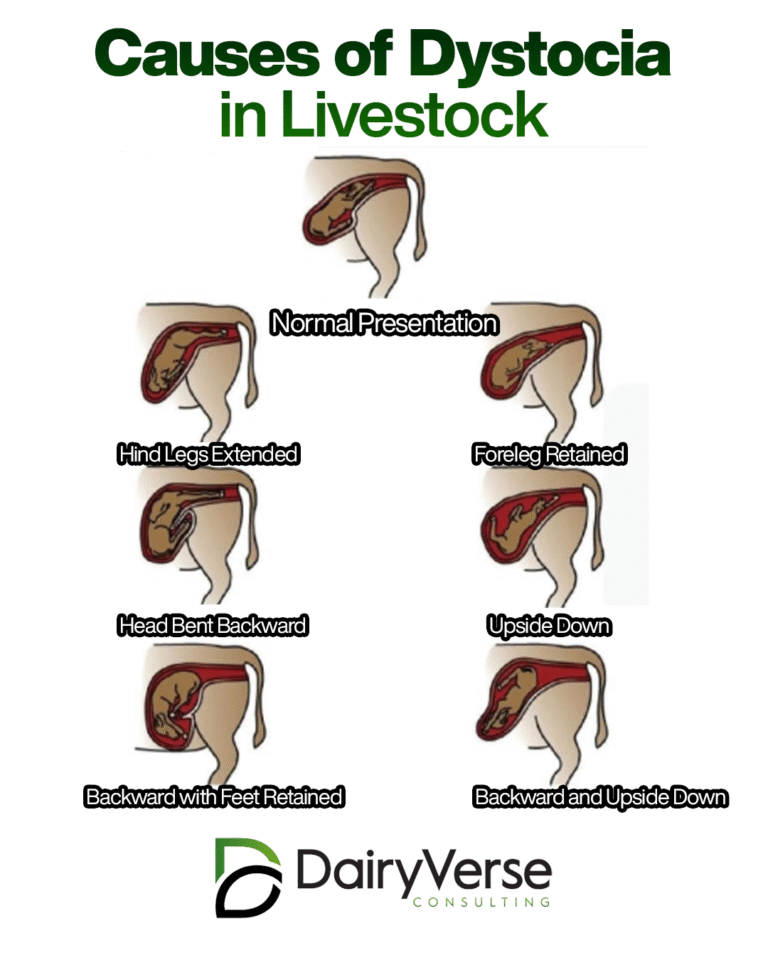Top 5 Essential Nutrients for Dairy Cows: A Guide to Optimal Health and Milk Production
Dairy cows require a balanced and nutrient-rich diet to maintain their health, support reproduction, and maximize milk production. Proper nutrition plays a crucial role in boosting milk yield, improving fertility, and ensuring overall well-being. In this article, we’ll break down the top five essential nutrients for dairy cows and their significance.
1. Energy (Carbohydrates & Fats)
Why It’s Important
Energy is the foundation of a dairy cow’s diet. It fuels all bodily functions, including milk production, body maintenance, and reproduction. A lack of sufficient energy can lead to reduced milk yield, poor growth, and metabolic disorders.
Best Energy Sources
- Carbohydrates: Corn, wheat, barley, oats, silage, molasses
- Fats: Cottonseed, vegetable oils, animal fats (used in controlled amounts)

Benefits of Energy in Dairy Cows
✔️ Supports milk production
✔️ Prevents weight loss and body condition deterioration
✔️ Ensures efficient digestion and metabolism
✔️ Improves fertility and reproductive performance
2. Protein
Why It’s Important
Protein is essential for muscle development, growth, and milk protein synthesis. Cows require both rumen-degradable protein (RDP) and bypass protein (UDP) to support their metabolic processes.
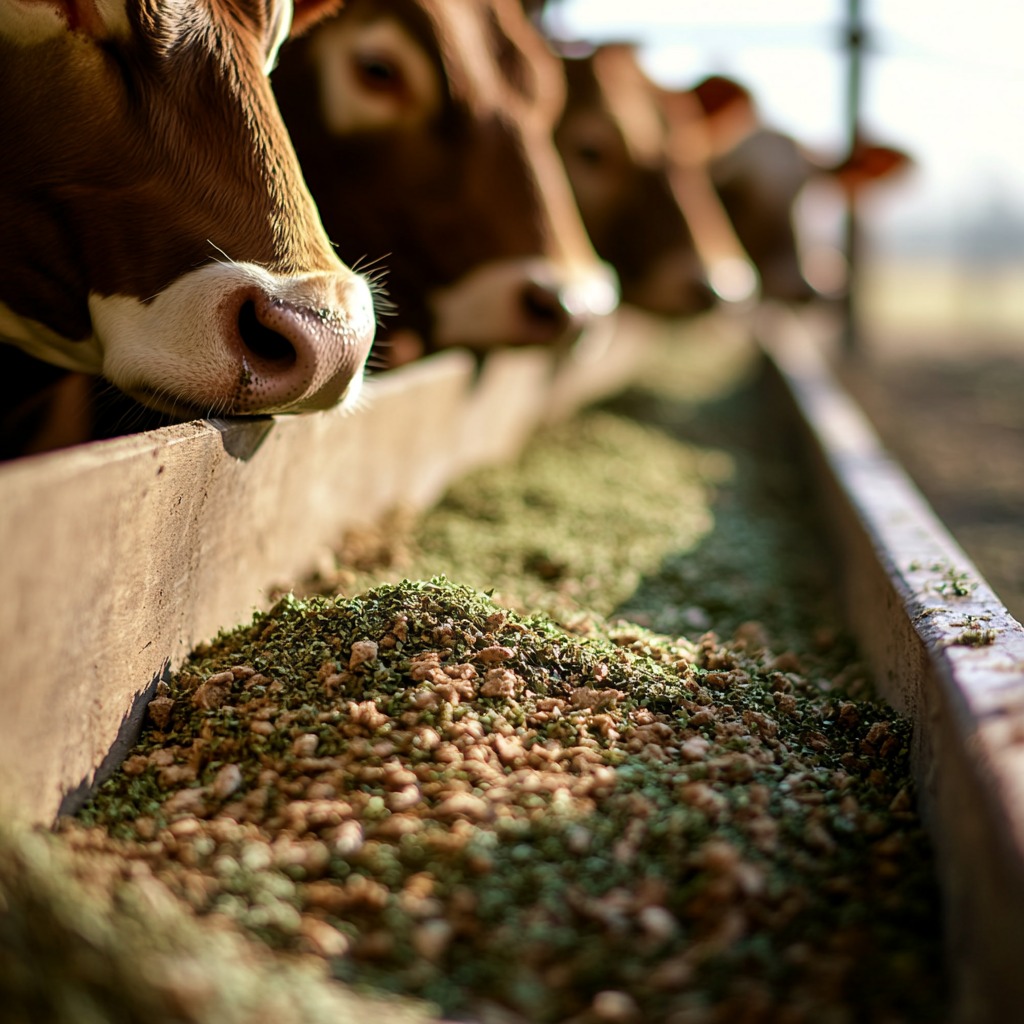
Best Protein Sources
- Plant-based proteins: Soybean meal, canola meal, cottonseed meal, alfalfa hay
- Animal-based proteins: Fish meal, meat, and bone meal (where permitted)
Benefits of Protein in Dairy Cows
✔️ Helps develop strong muscles
✔️ Enhances milk protein quality
✔️ Supports growth in heifers and young stock
✔️ Improves immune function and reproductive health
3. Vitamins
Why They’re Important
Vitamins are critical for immune function, reproduction, and metabolism. Dairy cows require specific vitamins to prevent deficiencies and health issues.
Essential Vitamins & Their Roles
- Vitamin A – Supports vision, reproduction, and immune health
- Vitamin D – Essential for calcium absorption and strong bones
- Vitamin E – Boosts immune function and prevents muscle weakness
Best Vitamin Sources
- Green forages, pasture grasses, and silage
- Sunlight exposure (for Vitamin D synthesis)
- Commercial vitamin supplements

Benefits of Vitamins in Dairy Cows
✔️ Strengthens bones and skeletal health
✔️ Enhances fertility and reproduction
✔️ Prevents oxidative stress and cell damage
✔️ Boosts immune system function
4. Minerals
Why They’re Important
Minerals play a crucial role in milk production, bone health, and metabolic regulation. Deficiencies in key minerals can lead to reduced milk yield, reproductive issues, and metabolic disorders.
Key Minerals & Their Benefits
- Calcium & Phosphorus – Essential for strong bones and milk production
- Magnesium – Prevents metabolic disorders like grass tetany
- Sodium & Potassium – Helps maintain electrolyte balance and hydration
- Selenium & Zinc – Improves immune response and reproduction
Best Mineral Sources
- Mineral licks and commercial supplements
- Legume forages, limestone, and dicalcium phosphate
- Salt blocks and fortified feed concentrates
Benefits of Minerals in Dairy Cows
✔️ Strengthens bones and skeletal structure
✔️ Improves milk production and quality
✔️ Enhances fertility and reproductive health
✔️ Supports metabolic functions
5. Water
Why It’s Important
Water is the most essential nutrient in a dairy cow’s diet. Milk is approximately 87% water, making hydration crucial for maintaining high milk yields and overall health.
How Much Water Does a Dairy Cow Need?
A lactating dairy cow consumes 80-120 liters (20-30 gallons) of water per day, and even more during hot weather.
Best Water Sources
- Clean and fresh drinking water
- Troughs with automatic refill systems
- Cool, accessible water sources in pastures

Benefits of Water for Dairy Cows
✔️ Supports digestion and nutrient absorption
✔️ Helps maintain body temperature
✔️ Ensures high milk yield and quality
✔️ Prevents dehydration and heat stress
Conclusion
Providing dairy cows with a well-balanced diet rich in energy, protein, vitamins, minerals, and water is essential for optimal milk production, reproductive success, and long-term health. A nutrient-deficient diet can lead to low productivity, poor fertility, and various health issues.
By ensuring that your cows receive these five essential nutrients, you will maximize their milk yield, improve their well-being, and enhance overall farm productivity.
🐄 Healthy cows = High milk production = More farm profits! 🥛

